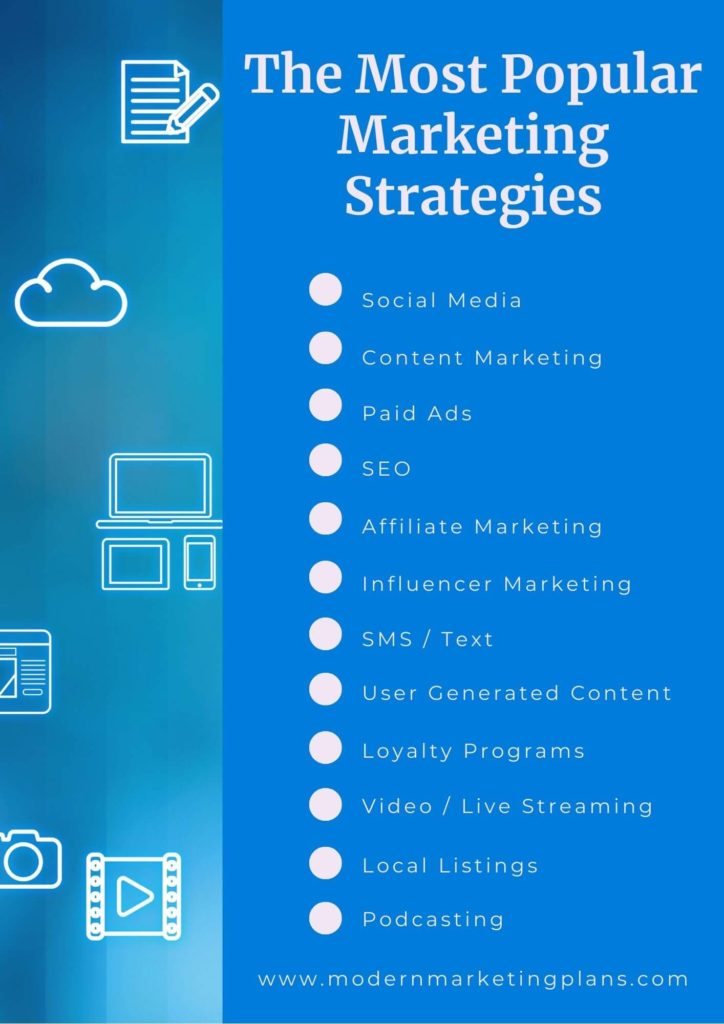Having a detailed marketing plan is essential in every business. It serves as your blueprint as you track your business goals and progress.
However, many business owners have a hard time implementing their strategies due to the budget. It can be hard to find the best way to manage their financial flow, leaving them unable to fulfill their marketing goals while depleting their cash reserves.
How can you solve this problem? In this article, we’ll show you how to build and track your marketing budget plan effectively.
Benefits of Having a Marketing Budget As A Part Of Your Business Planning
It Helps To Track Your Cash Flow
Developing your marketing strategy should go hand-in-hand with your marketing budget plan. Having a budget helps you keep track of your money and how much you spend on each channel. It’ll also help you in monitoring whether you’re overspending or underspending on each channel you decide to activate. If you don’t monitor your cash flow, you’ll find yourself overspending.
It Helps To Properly Allocate Your Funds
Since you now know how much you’re spending on each channel, your evaluation of success will become much easier. For example, if email marketing generates more leads than PPC, you can divert some of your funds to invest more in email marketing. Likewise, you can also assess whether or not you can afford to hire a more dedicated digital marketing teamfor consistent execution of your plan.
It Helps in Monitoring Your Goals and Progress
Having a marketing budget plan also helps in tracking your goals and progress towards growth. You can set goals and realistic expectations based on your budget projections. It’ll help you understand your revenue targets and make your marketing efforts worthwhile.
It Helps You Create A Long-Term Marketing Plan
Creating a marketing budget gives you the vision to organize your plans strategically. It’ll also help you foresee the events that you’ll need to prepare for throughout the year.
This includes additional marketing spend for launches or insights into how you can redistribute your funds based on outcomes. Approaching it in this way gives you the ability to plan in advance instead of winging it day by day.
Having a Marketing Budget is an Investment to Business Growth
Most business owners, especially startups, are often hesitant to spend money on marketing strategy since they see it as an expense. However, what you fail to realize is that having a clear marketing strategy is an investment. It’s vital for your business’ growth since the returns are worthwhile. Having a marketing budget and clear plan will help you determine the kind of investment you can put into marketing for your business to grow at the rate you desire.
How to Track Your Marketing Budget Plan Effectively
#1: Establish Your Sales Funnel
The first step in building a great marketing budget for your planning is by looking at your sales funnel. The sales funnel helps track your revenue cycle, from prospect to qualified lead to customers.

You can harvest the following data from your sales funnel as a basis for your marketing budget:
- Site visits per month
- Leads generated per month
- Conversion rate
- CPL (cost per lead) tracked through pay per click ad costs
- Average sales cycle
- LTV (lifetime customer value)
#2: Determine Your Marketing Cost
Now that you have gathered the necessary data, it’s time to determine your total budget. You need to identify every external cost you’ll spend in each marketing channel that you want to implement. Here are some additional expenses to keep in mind:
- Operational costs (the cost of creating content)
- Cost of the workforce (how much you spend hiring staff to execute your marketing efforts)
- Tools and software
- Monthly subscriptions and memberships
- Ad dollars
Listing out your cost not only helps in determining your marketing budget, but it also helps in setting up a baseline to determine your ROI. For example, if your cost per lead is $50 you’d need to sell a product worth at least $50 to break even. If you’re finding that difficult you might explore additional marketing channels that could bring you leads at a lower price point. It’s important to know how much you’re willing to spend on marketing while also guaranteeing your profit.
#3: Decide What Marketing Strategies to Use
In our previous post, you’ve already learned how to define your strategic marketing plan. You’ll create a great marketing budget by determining what you can spend on the channels and tactics you’ve selected. The good news is that the digital world offers a variety of options that you can use as you deem fit in your business.

You can choose from the following marketing strategies:
Search Engine Optimization (SEO)
It helps boost your website rankings on search engines. The higher your rankings, the more likely you are to receive free traffic to your website.
PPC Advertising
Pay per click (PPC) ads help your website or products appear on top of search results pages. You’ll only pay when someone engages with the ad. This can support your lead generation and conversions.
Social Media Marketing
This channel helps businesses connect with their target audience. This strategy is not only useful in building a customer base, but it also helps in retaining and nurturing your customers.
Social Media Advertising
Another perk you can get from social media aside from engagement is lead generation. You can create a compelling ad copy to target a specific audience. It allows you to build your brand and get more recognition as it’ll appear seamlessly on your customer’s newsfeed.
Content and Email Marketing
You can also include content and email marketing in your marketing budget plan. These strategies work well because they provide a way for you to share valuable information with your followers. You can post various types of content like articles, blog posts, infographics, or videos. It also helps demonstrate your knowledge and expertise as you establish your authority in your chosen industry.
#4: Build Your Team
The most important part of your marketing budget plan: how you’ll get things done! The cost of hiring the workforce to do your marketing significantly affects your budget. To give you a guide, here are some various ways you can get support to manage your marketing:
- In-house – Sticking to your in-house team is cost-effective, as you only need to invest in your employees’ salaries and other tools, materials, and resources required in your campaigns.
- Freelancers – Freelancers specialize in one or more types of marketing strategies. You can hire and pay them either on an hourly or project basis. The prices might differ depending on their experience and expertise. Make sure to get crystal clear in exactly what you need them to execute on your behalf.
- Digital Marketing Consultant – Hiring a dedicated digital marketing company is beneficial. However, it’ll likely allocate a large portion of your marketing budget plan. You may need to pay the agency monthly to retain its marketing efforts.

Download our customized marketing budget tracker for only $37.
Conclusion
There are many factors to consider when making a budget. Still, with careful and detailed planning, we’re confident you’re going to ace making the perfect marketing budget for your business.






